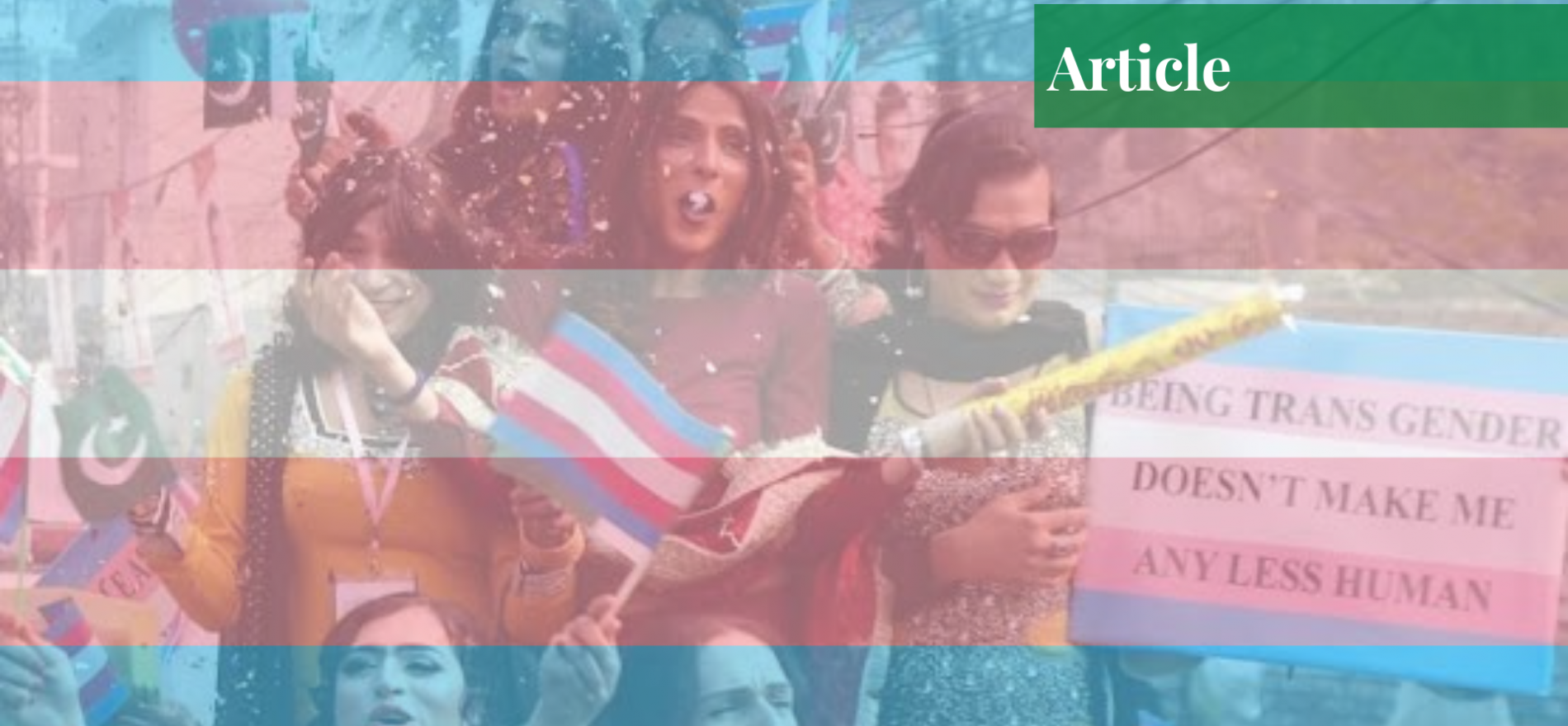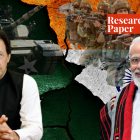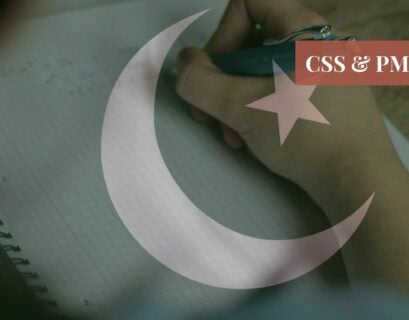Ms Arfah Zia is pursuing an MS degree in Development Studies from NUST. She also has a Bachelor of Social Science with a major in Anthropology from Bahria University, Islamabad.
Introduction
Transgenders in Pakistan are considered an abomination and are stigmatized by society. Unfortunately, no one, including the government is willing to address their needs. Although there exists some concern for them, there is a general lack of sensitivity towards them. Why is the government not engrossed in the provision of rights to this marginalized community? The gender identity crisis has been a setback for many individuals, not only affecting their personal lives but also shattering their confidence due to the rigid attitude of society and its reluctance to accept them.
Transgender or third gender are terms used for individuals whose gender identity is uncertain. They are neither males nor females, but in academics, abbreviations like Male to Female (MTF) or Female to Male (FTM) may be used when referring to transgenders. Entrapped within the society’s pessimistic attitude, there are many barriers that are shaped as a result of this behavior. There are institutional barriers, hindering the transgender community in become fair contributors to their country.
There is a lack of accommodation for transgenders, limited access to education, but most importantly, healthcare is compromised because of the disregard shown by the healthcare workers. Moreover, there is an early onset of mental health disorders, higher rates of suicide and mental distresses, which are prevalent and deteriorating exponentially because of the constant threats and harassment by society.
While there is the suppression of transgenders; those who are disabled, transgenders with disabilities (TWDs) are even more vulnerable and likely to be victimized. In a research paper, it was noted that transgenders with physical or psychological disabilities face additional barriers and double stigma, as opposed to those who are just transgenders. They succumb to the transphobic and ableist attitudes of people.
Transgenders in Pakistan: An Overall Analysis
Pakistan has regressed over the years in terms of development and policy making. Transgenders are considered a disgrace in Pakistan; they are referred to as Khawaja Sara, Khusra, or Murat, phrases that may otherwise demean their position. Language plays an imperative role in construction of perceptions and attitudes of people. Consequently, the use of certain pronouns, that are belittling others status, may increase biasness, since transgenders are greatly affected by the perceptions of people towards them.
On paper, they are allowed access to all services; free education, jobs, healthcare etcetera but in reality things remain grim. Often alienated by mainstream society, transgenders in Pakistan find themselves “vulnerable to being forced into begging, sex work or dancing to survive.” In 2017, for the first time, as per the Lahore High Court, transgenders were included in the Government of Pakistan census. It was reported that there were over 10,418 transgenders in Pakistan.
Unfortunately, the statistics were not confirmed as many transgenders were excluded from the census. On the other hand, contradicting what was reported by the government, a 2016 study by the Aurat Foundation and USAID reported that the unofficial numbers shifted between 0.4 million and 1.5 million. It is merely the negligence by the government for not having conducted the survey accurately.
In 2018, Pakistan passed a landmark bill regarding transgenders that was praised by activists. The Transgender Persons (Protection of Rights) Act, 2018 accords citizens the right to self-identify “as male, female or a blend of both or neither.” Furthermore, the gender one chooses will be reflected the same on official documents including Computerized National Identity Cards (CNICs), driving licenses, and so on. Therefore, some progress has been made but much more must be done, otherwise, such changes would be labeled as superficial at best.
Culture vs. Religion
Embedded in our culture are many beliefs that may seem associated with religion, but they really are not. Pakistani society has a hard time distinguishing whether or not something culturally practiced is a religious act. There have been instances in the past where transgenders had been assigned positions of power and trust. During the Mughal era, transgenders were in charge of the security for the female quarters. Likewise, during the reign of Alauddin Khilji in the 14th century, Malik Kafur was a trusted trans-courtier as well as an Army General.
At the time of the British colonial rule, the Criminal Tribes Act (CTA), 1871 was introduced which deprived the transgenders of their rights and declared them a criminal tribe. Luckily, Pakistan repealed the Act in August 1949, though attitudes have yet to change. One verse of the Holy Quran succinctly conveys that transgenders are very much humans, just like any other gender.
“It is He who forms you in the wombs however He wills.” (Quran 3:6)
Conclusion
To conclude, this article exposes injustices towards transgenders in Pakistan. There is a lack of sensitization and awareness among the masses. The government swiftly passes bills without any concrete implementation. Moreover, transgenders are rendered helpless because of society’s ignorant and rigid attitude towards them. Transgenders, too, are citizens of Pakistan in their own right and hence their fundamental rights and freedom are to be fully protected under Article 184(3) of the Constitution of the Islamic Republic of Pakistan.
If you want to submit your articles and/or research papers, please check the Submissions page.



















